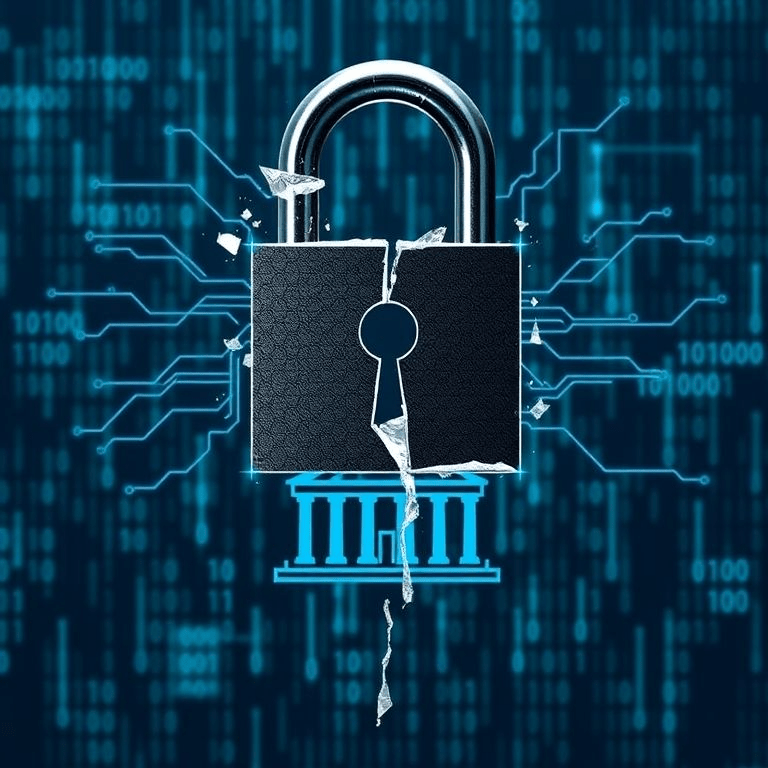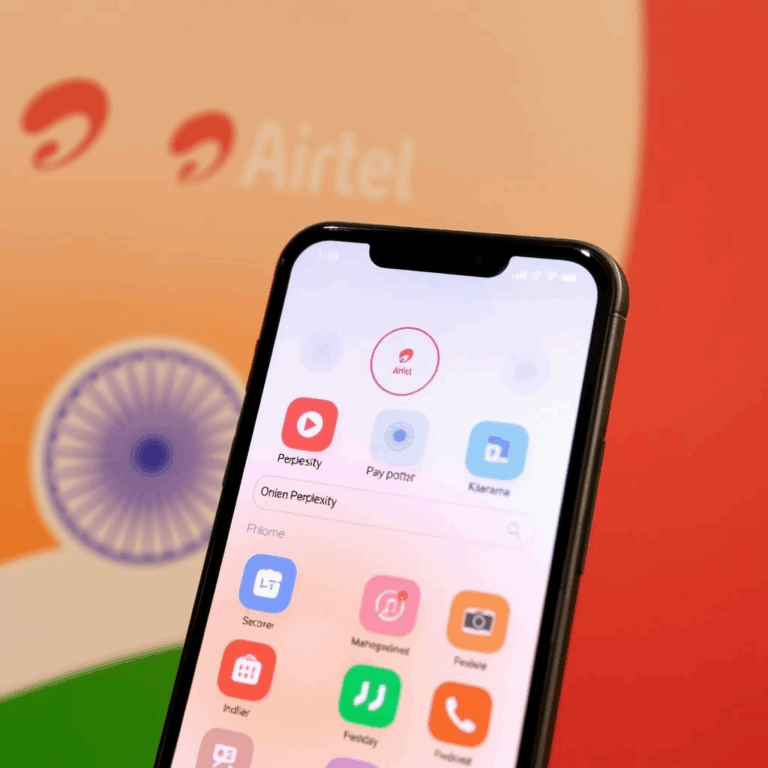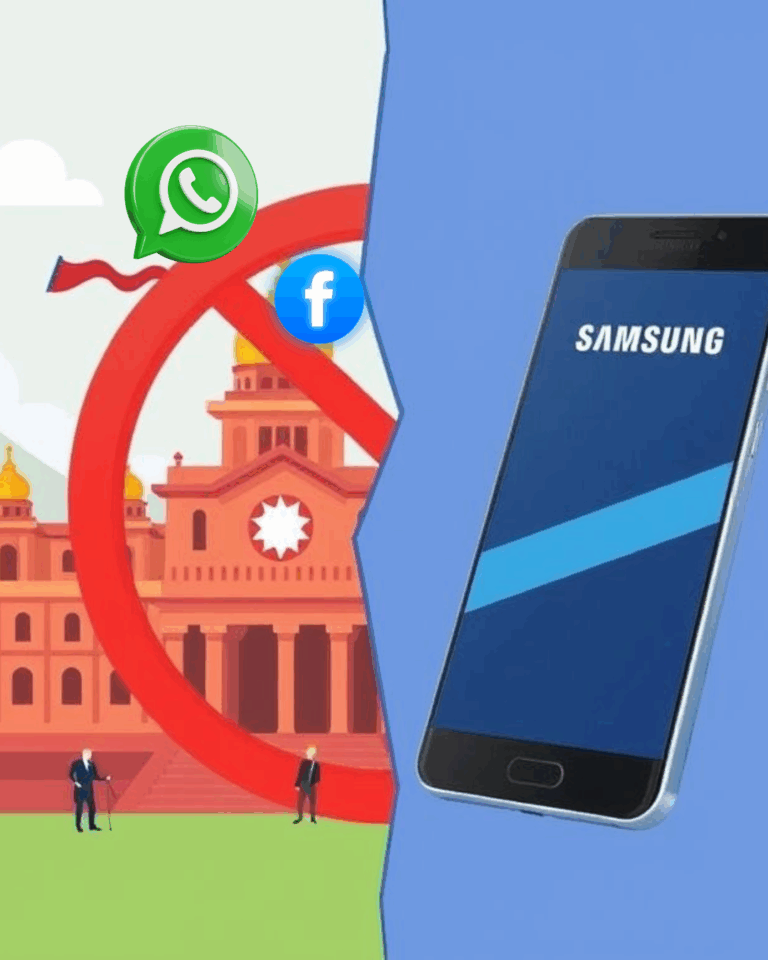Attack Details
The Orleans Parish Sheriff’s Office (OPSO) in New Orleans is facing fallout after being struck by the Qilin ransomware group. On September 10, attackers infiltrated OPSO’s network, exfiltrated 842 GB of internal data, and later dumped it onto dark web marketplaces for sale.
The breach crippled OPSO’s digital services, including the public court docket system, which was offline for several days. This disruption delayed hearings, complicated legal filings, and frustrated lawyers and citizens alike.
Qilin claimed responsibility on its leak site, offering the stolen data — which reportedly includes internal emails, staff files, and case-related documents — to the highest bidder.
Background: Qilin’s Rise as a Ransomware Threat
Qilin is a ransomware-as-a-service (RaaS) group, meaning its core operators provide tools and infrastructure while affiliates carry out attacks. This model allows Qilin to scale operations rapidly and strike across sectors.
The group first gained notoriety in 2022 for attacking manufacturing firms, but in 2024–25 it has shifted toward public institutions and local governments — often considered “soft targets” due to outdated systems and limited cybersecurity budgets.
Why Local Governments Are Vulnerable
Municipalities like New Orleans often run on legacy IT systems that lack proper patching. Budget constraints mean cybersecurity upgrades lag behind. Moreover, because they handle sensitive law enforcement and judicial data, the stakes are high.
Attackers exploit this combination: high value, low defenses, and immense public pressure to resolve quickly.
Community and Political Fallout
The ransomware attack is now a political issue. Sheriff Susan Hutson, already campaigning for re-election, faces criticism over whether her office invested enough in cybersecurity.
Legal professionals expressed frustration:
“Losing access to court records for even a few days can create a massive backlog,” said one New Orleans attorney. “It disrupts due process and denies timely justice.”
For citizens, the concern goes beyond inconvenience. If the stolen 842 GB includes sensitive inmate records, police reports, or witness statements, exposure could endanger individuals’ safety.
Expert Analysis
Cyber experts say Qilin likely used phishing emails or exploited unpatched vulnerabilities to gain initial access. Once inside, affiliates exfiltrated data before encrypting systems — a hallmark of double extortion ransomware.
Dr. Emily Rogers, a cybersecurity professor at Tulane University, noted:
“Law enforcement agencies ironically become prime targets because their data is both sensitive and politically charged. Paying ransom becomes tempting, but it fuels the ecosystem.”
National Implications
This attack is not isolated. U.S. municipalities from Atlanta to Baltimore have suffered similar incidents. The FBI has repeatedly warned local governments to adopt stricter defenses, yet adoption lags.
The New Orleans breach adds pressure on federal agencies to extend funding and resources to local cybersecurity. It may also renew debates over whether law enforcement should ever pay ransoms, as doing so emboldens groups like Qilin.
Possible Consequences of the Data Leak
- Identity theft: If staff payroll data or citizen information was exposed.
- Obstruction of justice: Court documents in the wrong hands could be tampered with.
- Targeted harassment: Names of witnesses or informants could be weaponized.
- Loss of public trust: Citizens may question the Sheriff’s Office’s ability to protect sensitive records.
Steps Forward
The OPSO has not disclosed whether it intends to negotiate with Qilin. Federal cybersecurity agencies, including CISA and the FBI, are assisting.
Likely actions include:
- Isolating infected systems.
- Deploying backups to restore essential services.
- Forensic investigation to determine attack vector.
- Long-term reforms like network segmentation, zero-trust architecture, and employee training.
Outlook
The Qilin ransomware attack serves as yet another warning for local governments nationwide. Without urgent investments, law enforcement agencies risk being paralyzed by cybercriminals.
For New Orleans specifically, the coming weeks will determine whether OPSO can restore trust while safeguarding sensitive records. Political ramifications will also echo in upcoming elections.
Conclusion
The leak of 842 GB of data from the New Orleans Sheriff’s Office shows how ransomware can disrupt not just IT systems, but the justice process itself. Until local governments address chronic underfunding of cybersecurity, groups like Qilin will continue to exploit these gaps.







